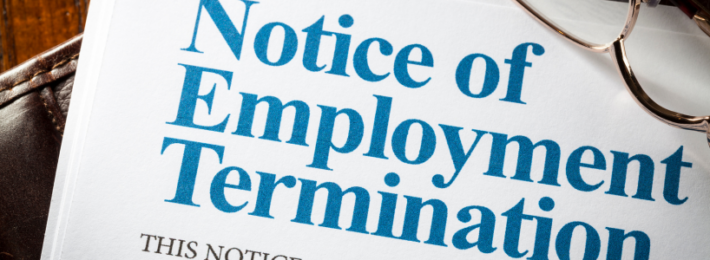Not Disclosing Getting Fired Leads to Security Clearance Denial

I see this time and time again where an applicant undergoing a background investigation fails to disclose getting fired from employment. Usually, the reason for getting fired is based on performance and attendance issues. This in and of itself will not result in an unfavorable adjudicative determination, but failure to be honest about the circumstances of getting fired will. Here are the highlights of a recent Defense Office of Hearing an Appeals (DOHA) case involving exactly this issue.
The applicant was on a Performance Improvement Plan for a year prior to his employer terminating him based on no improvement in performance. When filling out his SF-86 background investigation application, he listed the reason for leaving this employment was to “seek new opportunities after nature of role changed”. During his interview with the background investigator, he confirmed this information as being accurate. However, when the investigator, who already knew he had been fired, confronted him about it he finally admitted he had been fired and didn’t list it on the SF-86 because he was embarrassed and disappointed about it.
The Personal Conduct adjudicative guideline covers conduct that involves questionable judgment, lack of candor and dishonesty. If an applicant cannot be honest and truthful about being fired, how can we trust him with access to classified information? The DOHA judge was of the same opinion and upheld the denial for clearance eligibility. This was the only issue in his background investigation. Ironically, had the applicant been truthful and disclosed his termination he would have been granted a clearance.



Had a similar termination, glad I disclosed it. Would be a stupid reason to get denied.
Fully agreed! I should have been fully disclosed with clear explanations.
Fully agree…agree with the interviewer…thats your employer.